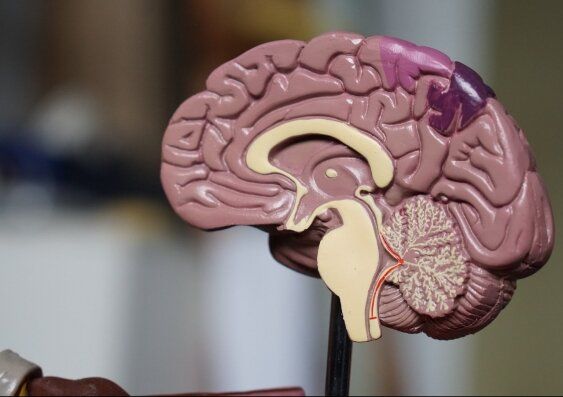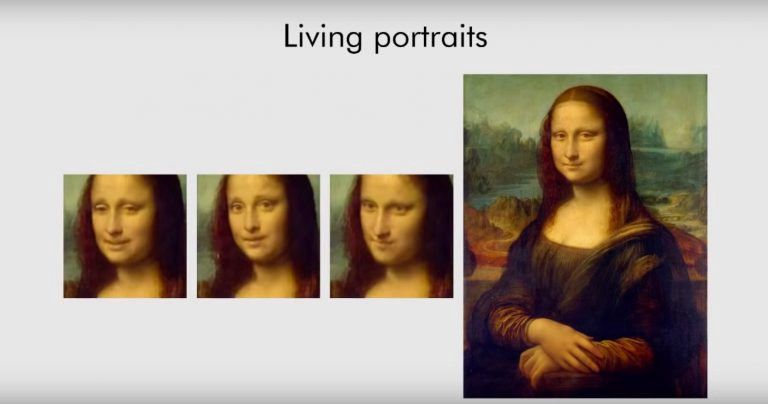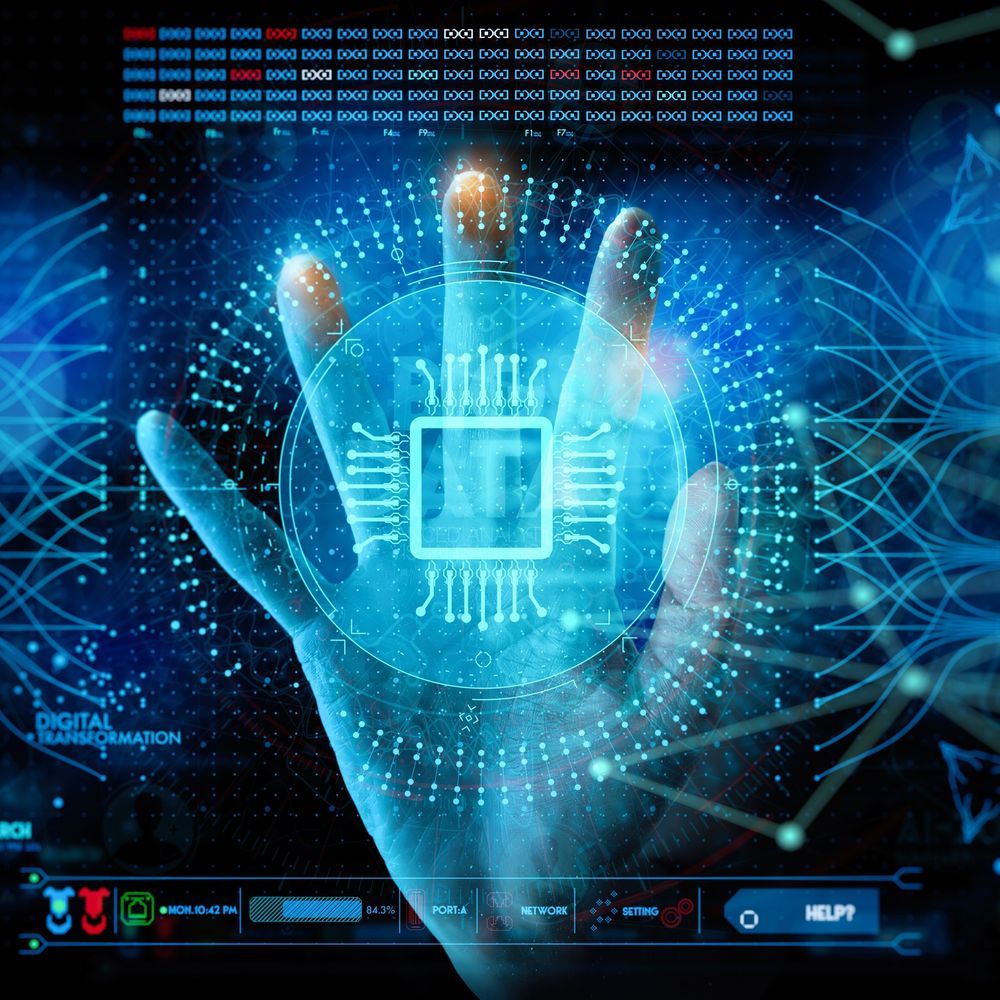In recent years, researchers have been developing machine learning algorithms for an increasingly wide range of purposes. This includes algorithms that can be applied in healthcare settings, for instance helping clinicians to diagnose specific diseases or neuropsychiatric disorders or monitor the health of patients over time.
Researchers at Massachusetts Institute of Technology (MIT) and Massachusetts General Hospital have recently carried out a study investigating the possibility of using deep reinforcement learning to control the levels of unconsciousness of patients who require anesthesia for a medical procedure. Their paper, set to be published in the proceedings of the 2020 International Conference on Artificial Intelligence in Medicine, was voted the best paper presented at the conference.
“Our lab has made significant progress in understanding how anesthetic medications affect neural activity and now has a multidisciplinary team studying how to accurately determine anesthetic doses from neural recordings,” Gabriel Schamberg, one of the researchers who carried out the study, told TechXplore. “In our recent study, we trained a neural network using the cross-entropy method, by repeatedly letting it run on simulated patients and encouraging actions that led to good outcomes.”







